July garden tips: Everything to do in the garden to prepare for warmer weather (hint: it’s time to start sowing)
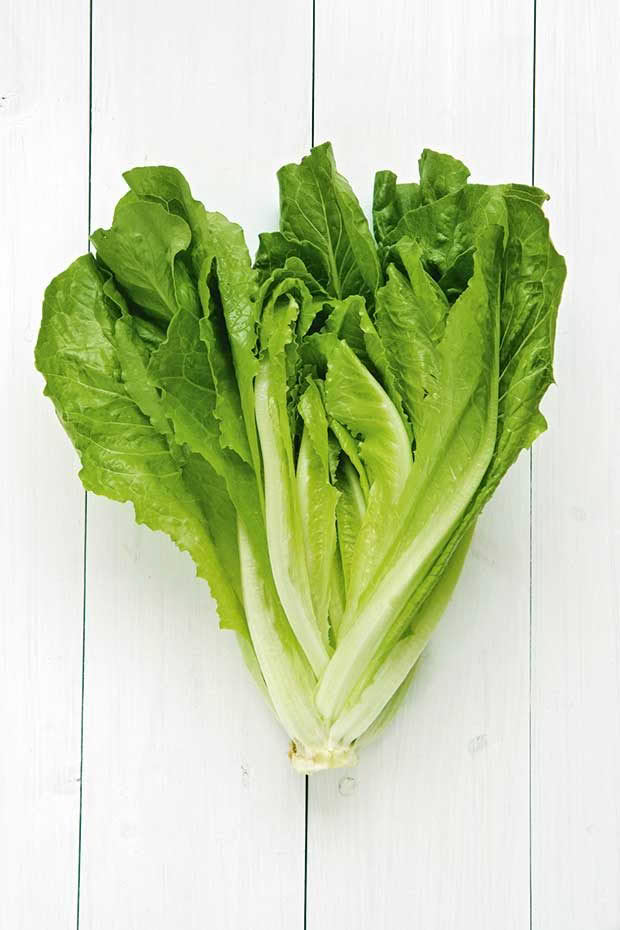
Planning and prepping for spring is well underway.
Words: Jane Wrigglesworth
This July, plant winter-hardy lettuces like Merveille des Quatre Saisons, Winter Triumph and Cos.
Planting sweet peas? These old-fashioned favourites germinate at low temperatures. You also get strong plants if they’re grown in high light and cool conditions. In New Zealand, June to August is the best time to plant summer-flowering sweet peas. If you sow in March or April, as overseas books suggest, your plants may grow excessively tall and you won’t be able to reach your flowers. Sowings can, in fact, be made successfully up until mid-October.
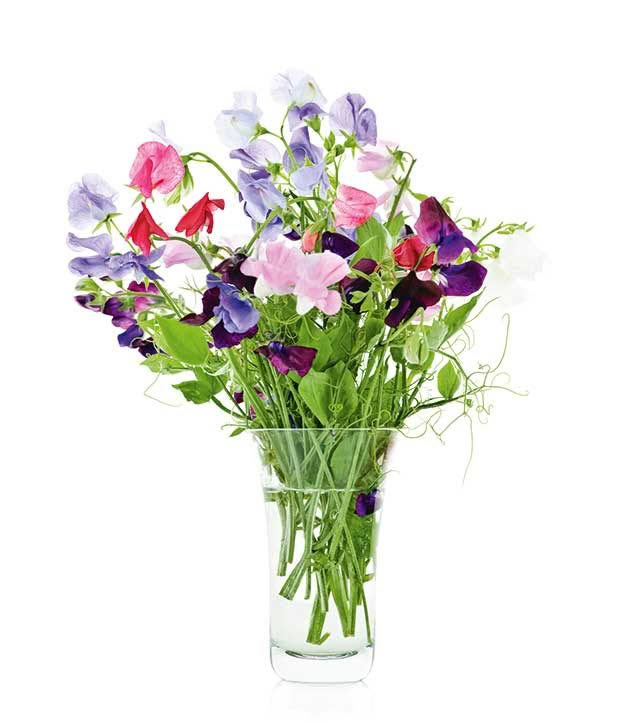
In very cold areas it might be best to leave sowing until spring. At planting time, provide a light dose of a fertiliser with modest nitrogen content.
Sow peas in frost-free areas. Although the plants themselves are frost hardy, the flowers are not, so plant your peas to avoid flowering during frosty periods. In cooler areas it may be best to leave sowing until August.
Plant garlic, onions and shallots, if you haven’t already.
To get a head start on spring crops, sow seeds in a cold frame and use compost as a natural ‘heating pad’. Compost generates heat in the initial stages of breaking down and can be used to provide warmth for seedlings. Place fresh grass clippings into a polystyrene tray. Add a layer of seed-raising mix and sow your seeds as per the instructions. Place a sheet of glass or sturdy plastic over the tray, cover with newspaper and place the tray in your cold frame or a warm, sunny spot. Remove the covering once the seeds have germinated.
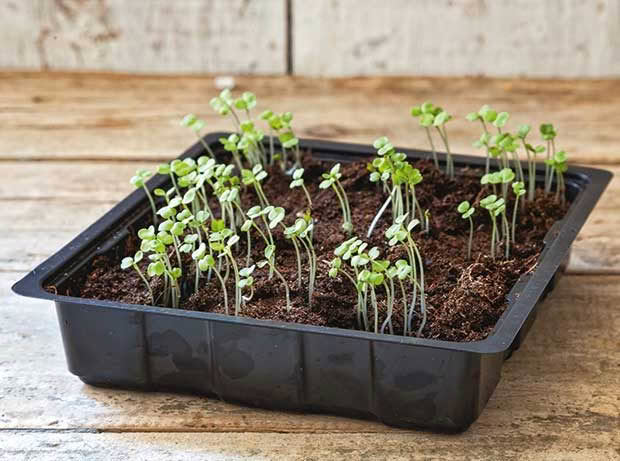
Plant seedlings of beetroot, broccoli, broad beans, cabbage, celery, kale, silverbeet and spinach.
Sprout early seed potatoes now for planting in August or September. Place seed potatoes on a tray or cardboard egg carton and store in a dry, well-lit room out of direct sunlight while they sprout.
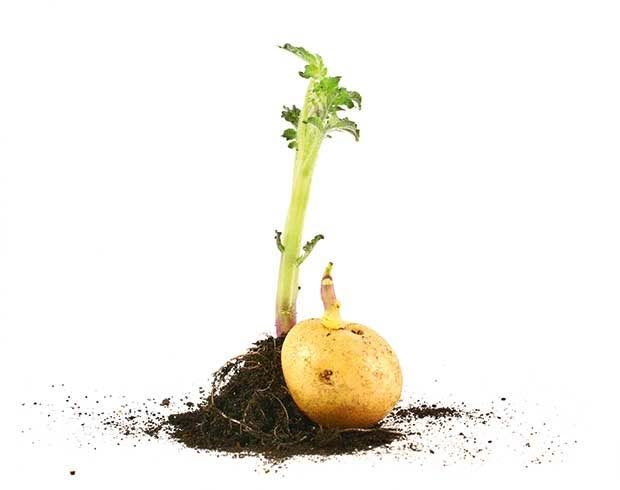
Transplant any deciduous fruit trees that need moving. Deciduous plants are dormant in the winter, which means transplant shock is reduced as they are not actively growing. Prepare your new hole first so that there’s no delay in transplanting. Choose a spot that’s free-draining. Citrus and evergreen trees can be moved now too, but spray with Vaporgard to reduce transpiration before transplanting.
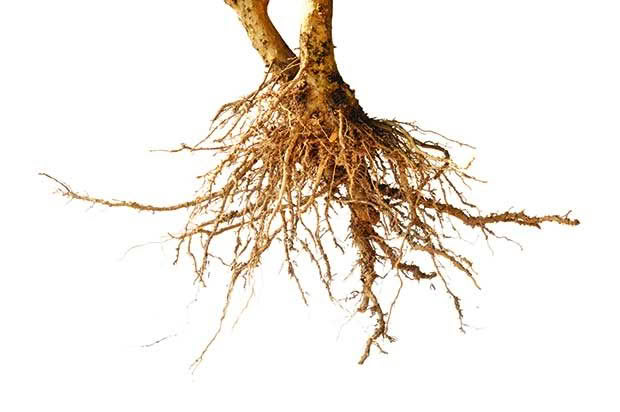
MORE HERE:
Love this story? Subscribe now!
 This article first appeared in NZ Lifestyle Block Magazine.
This article first appeared in NZ Lifestyle Block Magazine.
